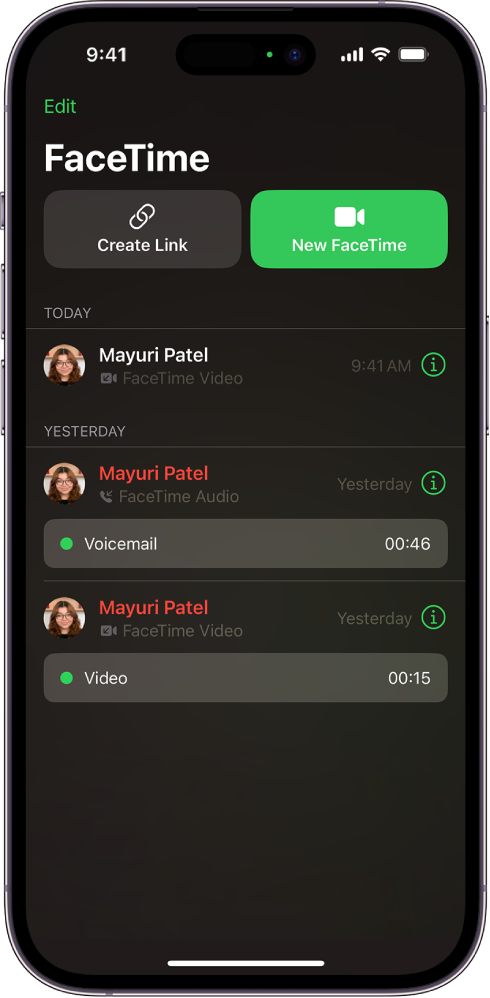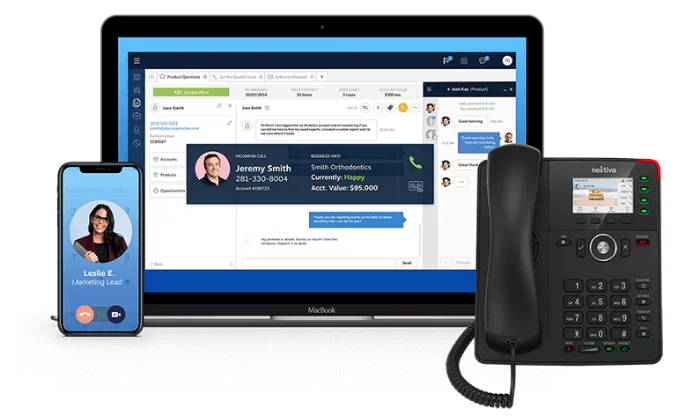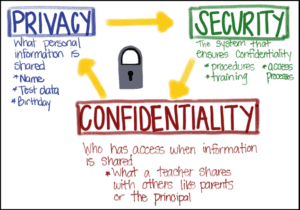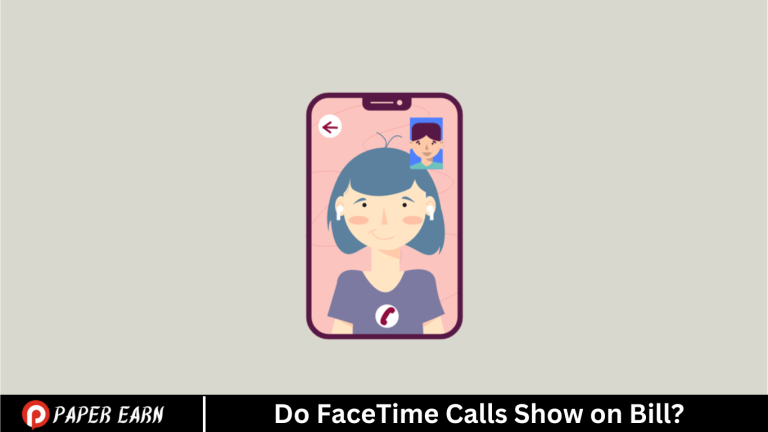FaceTime calls on your bill? Unlike regular phone calls, FaceTime calls usually don’t appear on your phone bill. Since they rely on data or Wi-Fi, they’re often covered by your internet service provider rather than your phone carrier. This means you won’t see them listed alongside your traditional call records, providing a level of privacy for your video chats.
Introduction to FaceTime Calls and Billing
Concerned about FaceTime calls showing up on your bill? Typically, FaceTime calls don’t appear on your phone bill as they utilize data or Wi-Fi, not traditional phone networks. This means they’re usually covered by your internet service provider rather than your phone carrier. Consequently, you won’t find them listed alongside your regular call records, offering a degree of privacy for your video conversations.

Understanding FaceTime as a VoIP Service
FaceTime is a VoIP (Voice over Internet Protocol) service developed by Apple, allowing users to make audio and video calls over the internet. Unlike traditional phone calls, FaceTime uses data or Wi-Fi rather than cellular networks, making it more accessible and cost-effective for users. It offers high-quality audio and video communication, along with features like group calls and screen sharing, enhancing user experience and connectivity.
Reviewing Billing Practices for VoIP Services
Reviewing billing practices for VoIP services is crucial due to their unique nature. Unlike traditional phone services, VoIP relies on data or internet connections rather than phone lines. Providers may charge based on usage, number of users, or features like international calling. Understanding these billing methods ensures cost-effective usage. Additionally, monitoring for any hidden fees or unexpected charges helps maintain transparency and control over expenses.

Examining FaceTime Calls on Phone Bills
Examining FaceTime calls on phone bills reveals their absence in traditional billing records. Unlike standard calls, FaceTime utilizes data or Wi-Fi connections rather than cellular networks, typically not appearing on phone bills. This lack of inclusion maintains privacy for users and distinguishes FaceTime as a separate service from conventional voice calls. Monitoring billing statements for unexpected charges ensures transparency and helps users understand their communication expenses accurately.
Considering Privacy and Confidentiality
Privacy and confidentiality are paramount considerations in any communication, especially with FaceTime calls. As these calls often bypass traditional phone networks and are not typically listed on phone bills, they provide a level of privacy for users. However, ensuring data encryption, secure connections, and user consent are essential to maintain confidentiality.

Checking Service Provider Policies and Terms
Checking service provider policies and terms is crucial for understanding how FaceTime calls are handled. Providers may outline data usage, privacy practices, and billing details in their terms of service. This ensures users understand how their information is managed, including any implications for billing and privacy. Reviewing these policies empowers users to make informed decisions about their communication habits and choose service providers aligned with their preferences and needs.
Frequently Asked Questions
Do FaceTime calls show up on my phone bill?
FaceTime calls made over Wi-Fi or cellular data do not typically appear on your phone bill as they are data-based and don’t utilize traditional phone networks.
What appears on my bill for FaceTime calls?
FaceTime calls don’t generate separate charges on your bill. However, any data usage incurred during FaceTime calls may be reflected in your data plan usage.
Do FaceTime calls use my cellular plan minutes?
FaceTime calls made over Wi-Fi don’t consume cellular plan minutes. However, if you’re using FaceTime over cellular data, it will use data from your cellular plan.
Can FaceTime calls be tracked by the phone company?
While FaceTime calls don’t generate itemized call records like traditional phone calls, data usage associated with FaceTime calls can be tracked by your cellular provider.
Can FaceTime calls be traced by anyone else?
FaceTime calls are encrypted for privacy and security. Only Apple and the participants in the call can access the content. However, metadata like call duration and data usage may be logged by service providers.
Can FaceTime calls be monitored by parents?
Parents with access to their child’s Apple ID and device settings can enable parental controls to monitor FaceTime usage, including call logs and usage statistics.
Are FaceTime calls private?
FaceTime calls are encrypted, providing a high level of privacy and security. However, it’s essential to ensure that you’re using a secure network to further protect your privacy.
Can FaceTime calls be intercepted?
FaceTime calls are encrypted end-to-end, making it challenging for unauthorized parties to intercept or eavesdrop on the call content.
Do FaceTime calls show up in call history?
FaceTime calls are logged in your device’s call history, displaying the time and duration of the call. However, they are typically not included in your carrier’s itemized billing records.
Do FaceTime calls use data?
Yes, FaceTime calls use data when made over a cellular network or Wi-Fi. The amount of data consumed depends on factors such as call duration, video quality, and network conditions.
Conclusion
FaceTime calls do not typically appear on phone bills as they are data-based and do not use traditional phone networks. They offer privacy and security through encryption, although data usage may be tracked by service providers. Parents can monitor FaceTime usage with appropriate settings. FaceTime calls use data, and call details may show in device call history but not on billing statements.

